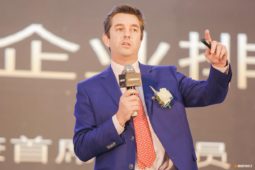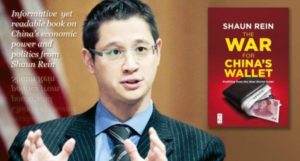
China’s President Xi Jinping turned against his erstwhile handpicked ally Admiral Miao Hua, a member of the powerful Central Military Commission (CMC). Political analyst Victor Shih explains at CNN this change in Xi’s long-standing struggle against corruption.
CNN:
As the geopolitical rivalry between the United States and China heats up, the PLA Navy has also seen a drastic increase in the procurement of warships and other weapons, providing ample opportunities for corruption, said Victor Shih, a political science professor at the University of San Diego.
But there could be another potential reason behind Miao’s downfall, Shih said, for “being too obvious in his attempt to foster a faction in the military.”
Xi has repeatedly warned against the forming of factions in both the party and the military. “Of course, the only person who is allowed to do that is Xi himself,” Shih added.
Miao is seen by some analysts as having recommended multiple associates in the Navy for promotions to key positions, including Rocket Force Commander Wang Houbin and Defense Minister Dong Jun.
The announcement of Miao’s investigation came a day after the Financial Times reported that Dong had been placed under investigation for corruption, citing current and former US officials. The Defense Ministry dismissed the report as “sheer fabrication,” and days later, Dong made a public appearance at a security forum…
Miao’s downfall comes less than a year after former defense minister Li Shangfu was removed from the CMC.
The powerful body had six members – all deemed as Xi’s loyalists – serving under the top leader when he began his unprecedented third term two years ago. If Miao is also removed, it would leave two vacant seats.
Shih, the expert on Chinese elite politics, said many dictators, from former Soviet leader Joseph Stalin to Mao, have eventually turned against their own proteges.
“Once all of their real competitors are gone, a dictator can never think to themselves: ‘Oh well, all the threats are gone. I can just relax.’ Because they always think that new threats could emerge, including from people who once were very close to them. This happens over and over again,” he said.
Victor Shih is a speaker at the China Speakers Bureau. Would you like him at your meeting or conference? Contact us or fill out our speakers’ request form.
Are you looking for more political experts at the China Speakers Bureau? Do check out this list.











































